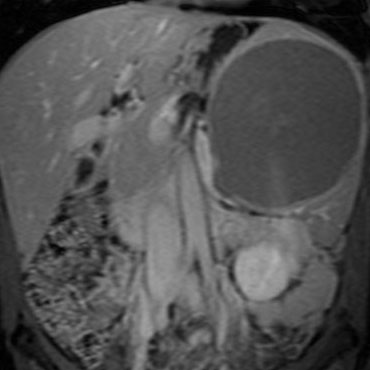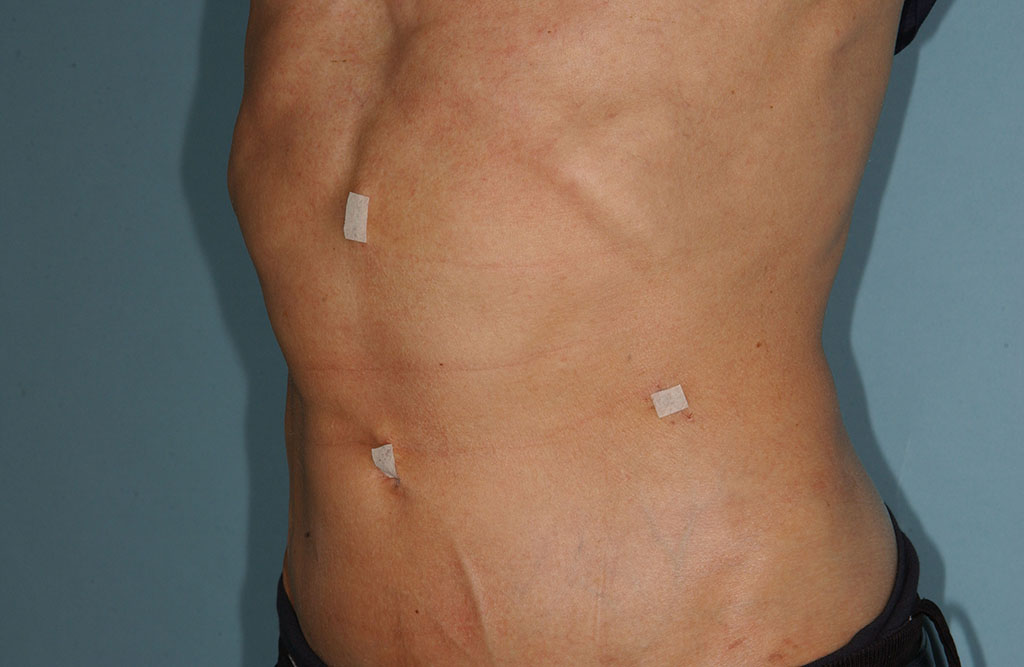Spleen surgery
The spleen plays an important part in the body’s immune system and combats certain germs. It also filters the blood, and besides bacteria, eliminates old blood cells. It contains more glandular tissue than all the lymph glands taken together. For its relatively small size of some 12 cm long and a weight of 140 grams, it is very well perfused with blood, with some 10 liters of blood per hour passing through the organ. Germs that have penetrated the body quickly land in the spleen to be eliminated. The spleen also has a memory effect and mobilizes antibodies when it reencounters germs that have already caused an infection. Because it plays such an important part in combatting germs, whenever surgery is performed on the spleen itself and its close neighbor, the pancreas, care should be taken to spare the spleen and its major blood vessels.
Surgery is performed on the spleen for cysts, and for benign and malignant tumors. When a cyst exceeds 5 cm in size, there is the danger of bleeding into the cyst; then, a banal trauma could cause the cyst to burst, with bleeding into the abdominal cavity. Larger cysts can displace neighboring organs, causing pain, a feeling of fullness, or, especially in the recumbent position, breathlessness. The most common benign tumors of the spleen are hamartomas. Although they are benign, they can grow and, like cysts, displace other organs and cause discomfort. Puncture, draining or sclerotherapy of splenic cysts do not constitute curative therapy. In a short time, the cyst will refill; thanks to the previous manipulations, adhesions to the diaphragm usually develop, causing various degrees of a pain. De-roofing of a cyst will also not be met with success. As a rule, both cysts and hamartomas should be removed laparoscopically. Preservation of the healthy parts of the spleen will also preserve its important immune function, so avoiding the permanent immune deficit that accompanies loss of the entire spleen.
If malignant disease calls for the total removal of the spleen, the patient should be immunized beforehand against certain bacteria that cause pneumonia (pneumococci); a yearly flu shot is advised, as well as immunization against meningococci if travel is planned to a country where meningitis is endemic.


